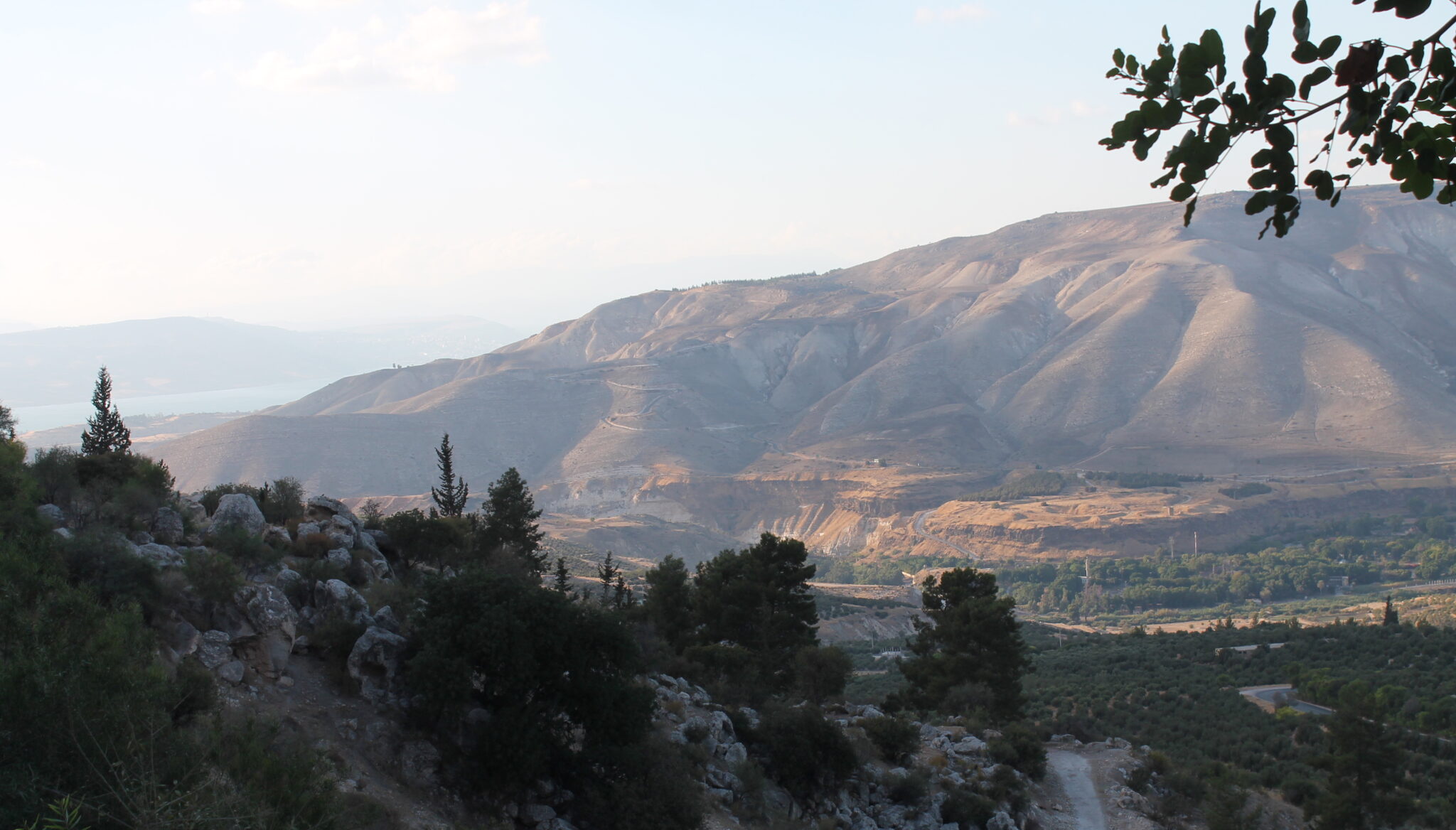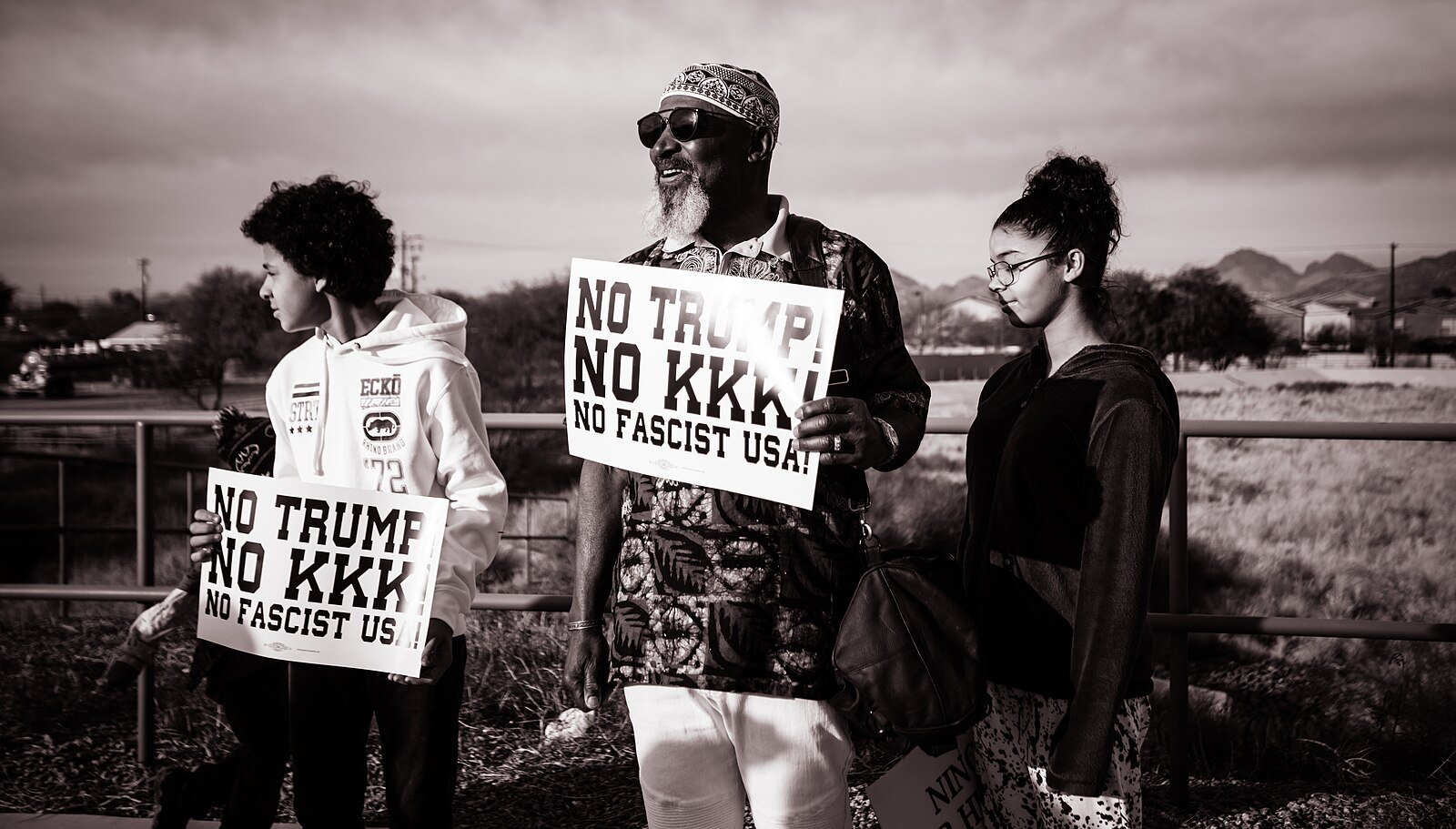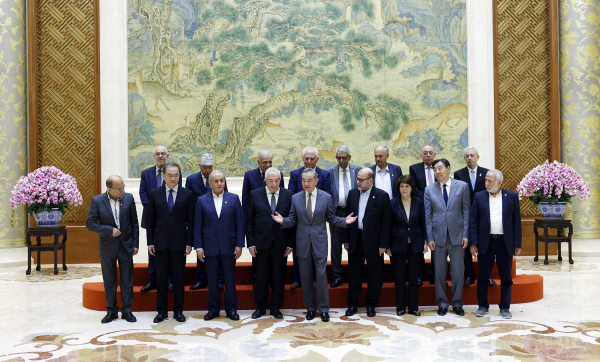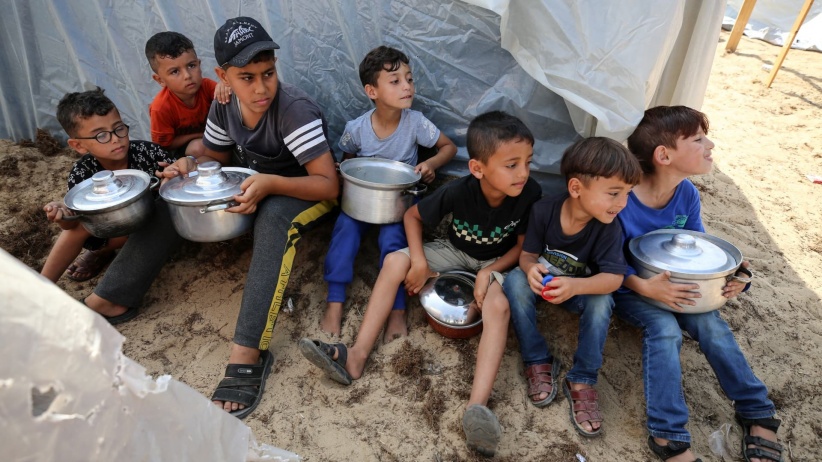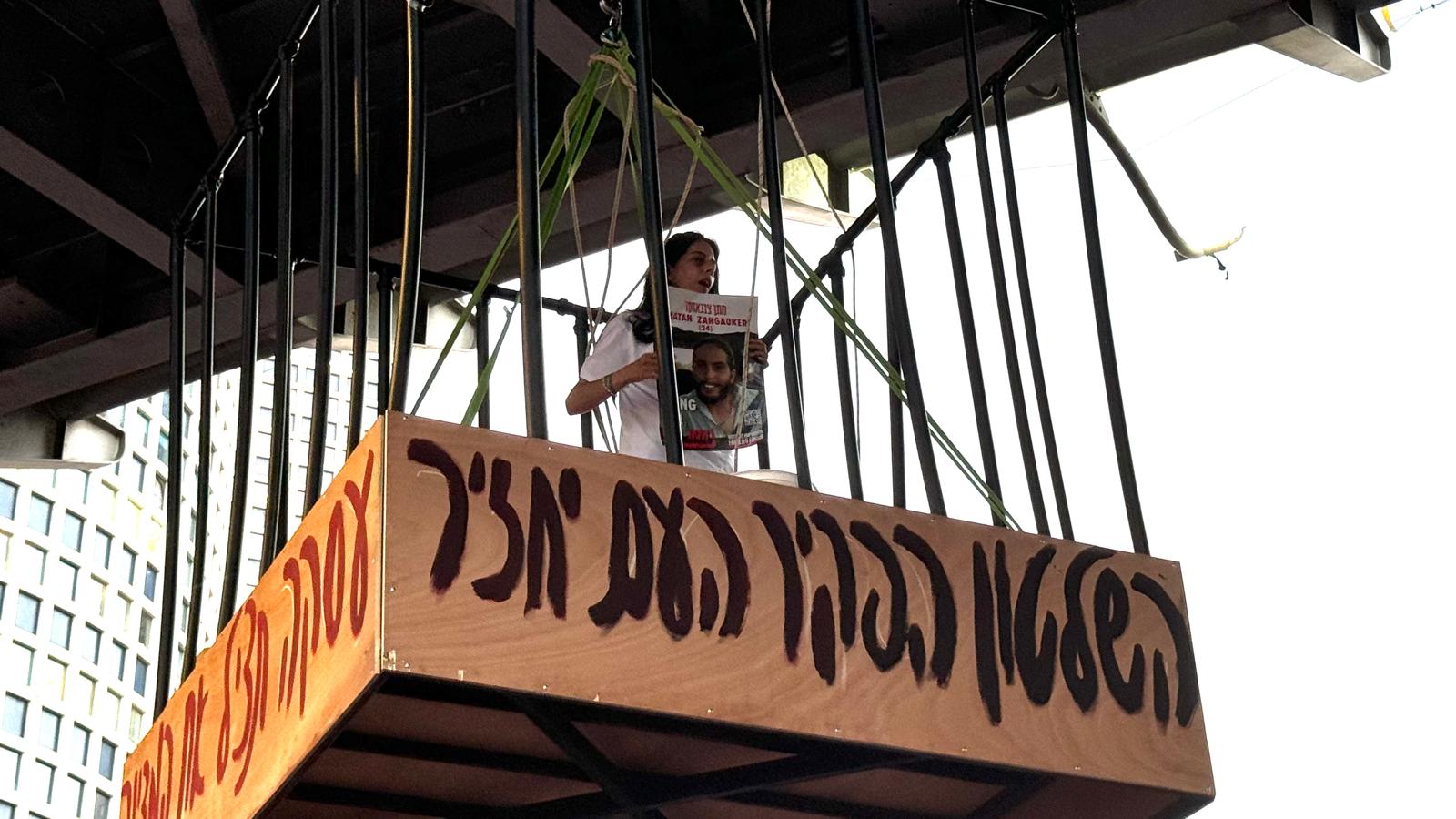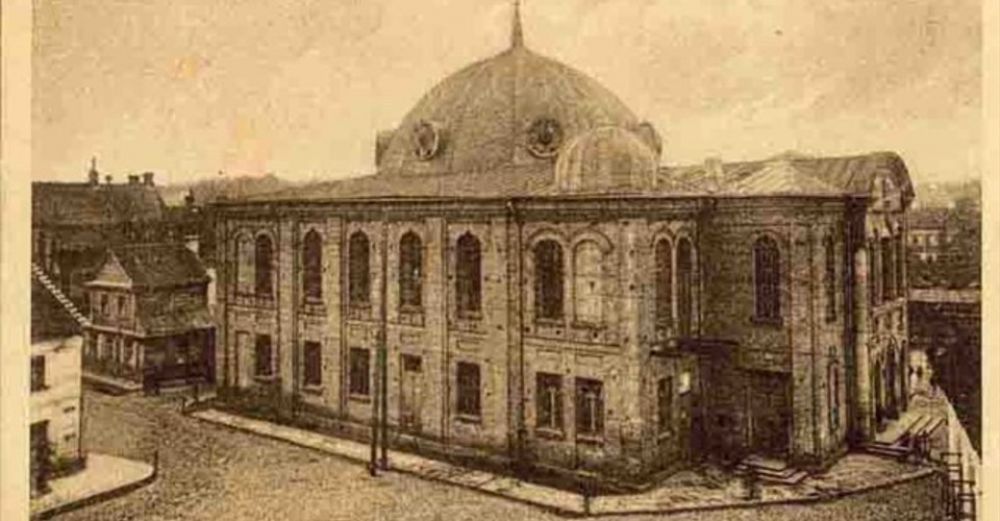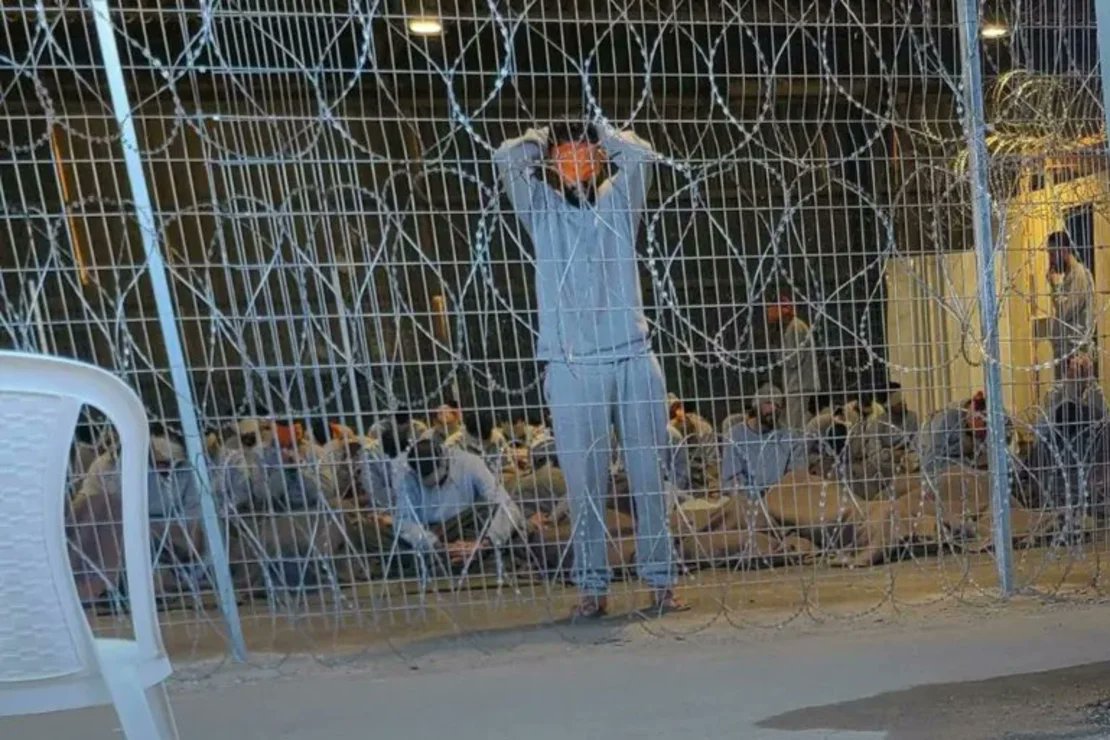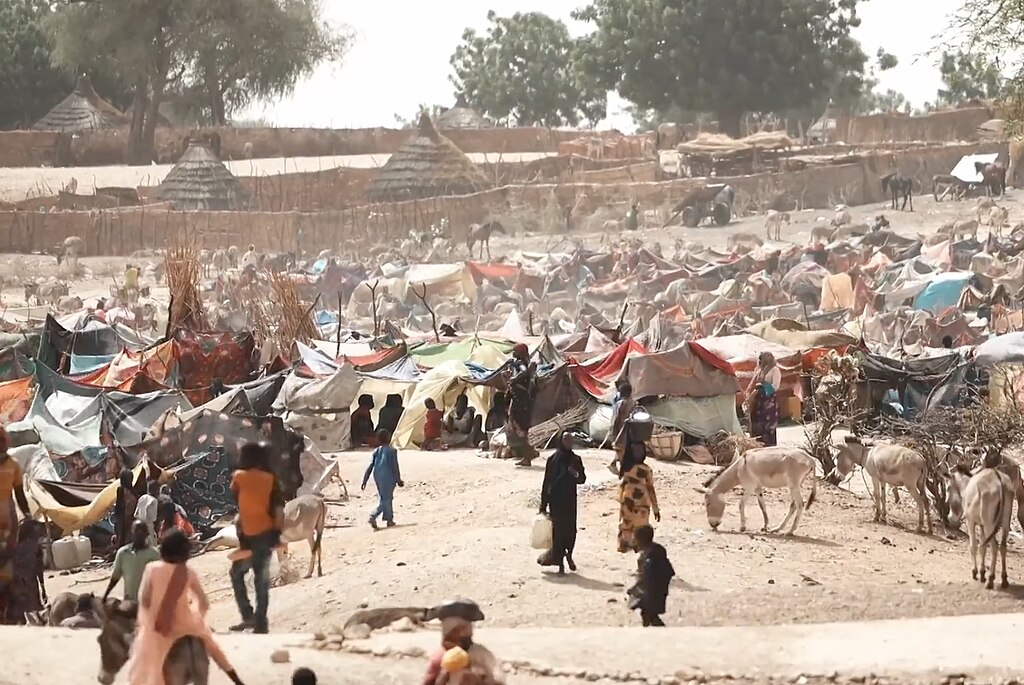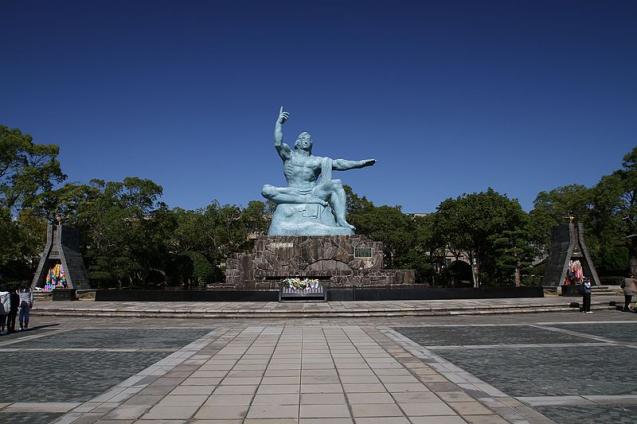
Gaza at issue in Nagasaki commemoration
The US ambassador to Japan did not attend this year’s official commemoration of the atomic bombing of Nagasaki in protest of the city’s failure to invite Israel. Ambassador Rahm Emanuel said the event had been “politicized” by Nagasaki’s decision to exclude the Jewish state. Five other G7 countries and the EU likewise boycotted the ceremony. The municipal government in Hiroshima refused to pay heed to public calls to exclude Israel over the Gaza bombardment, and invited Israeli officials to its event as usual. Russia and Belarus were exuded from both commemorations for a third consecutive year. (Photo: Pop Japan)



